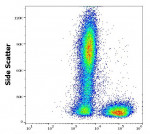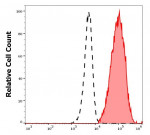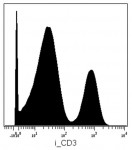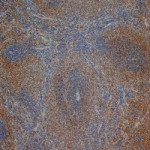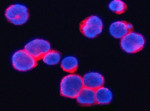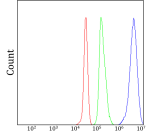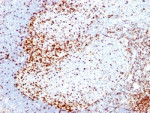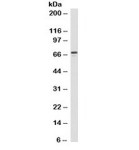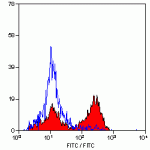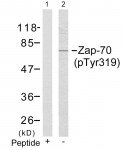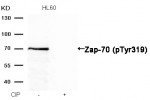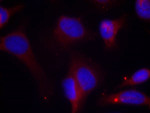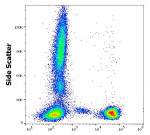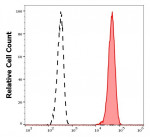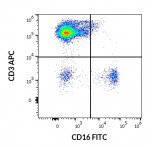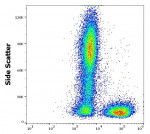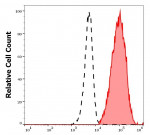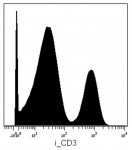Search Result - Primary Antibodies
There are 157 results for "TCR"
- anti-CD3 epsilon antibody [MEM-57] (low endotoxin)
- Cat. No: ARG65499 (Mouse mAb)
- Reactivity: Hu
- Application: FACS, IP, FuncSt, CyTOF®-candidate
- Specificity: The clone MEM-57 reacts with gamma-epsilon and delta-epsilon dimers of human CD3 complex, a part of a bigger multisubunit T cell receptor complex (CD3/TCR) expressed on peripheral blood T lymphocytes and mature thymocytes.
HLDA IV.; WS Code T 96 - Conjugation: Un-conjugated
- anti-CD3 epsilon antibody [CA17.2A12] (FITC)
- Cat. No: ARG22832 (Mouse mAb)
- Reactivity: Dog
- Application: FACS
- Conjugation: FITC
- anti-CD3 antibody [1F4]
-
 (1 Publications)
(1 Publications)
- Cat. No: ARG23315 (Mouse mAb)
- Reactivity: Rat
- Application: FACS, IHC-Fr, IHC-P, IP
- Specificity: This antibody is specific Cd3D and Cd3G
- Conjugation: Un-conjugated
- anti-CD3G antibody
- Cat. No: ARG43904 (Rabbit pAb)
- Reactivity: Hu
- Application: ELISA, FACS, ICC/IF, WB
- Conjugation: Un-conjugated
- anti-ZAP70 antibody [2F3.2]
- Cat. No: ARG56086 (Mouse mAb)
- Reactivity: Hu
- Application: FACS, ICC/IF, IHC-P, WB
- Conjugation: Un-conjugated
- anti-CD3 epsilon antibody [CA17.2A12]
- Cat. No: ARG22833 (Mouse mAb)
- Reactivity: Dog
- Application: FACS, ICC/IF, IHC-Fr, IHC-P, IP
- Conjugation: Un-conjugated
- anti-ZAP70 phospho (Tyr319) antibody
- Cat. No: ARG51657 (Rabbit pAb)
- Reactivity: Hu, Ms, Rat
- Application: ICC/IF, WB
- Conjugation: Un-conjugated
- anti-CD3 epsilon antibody [UCHT1] (APC)
- Cat. No: ARG54302 (Mouse mAb)
- Reactivity: Hu, NHuPrm
- Application: FACS
- Specificity: The clone UCHT1 recognizes the CD3 antigen of the TCR/CD3 complex on mature human T cells. The UCHT1 antibody reacts with the epsilon chain of the CD3 complex.
HLDA I; WS Code T 3
HLDA III; WS Code T 126
HLDA III; WS Code T 471
HLDA VI; WS Code T 6T-CD3.1 - Conjugation: APC
- anti-CD3 epsilon antibody [RIV9]
- Cat. No: ARG56001 (Mouse mAb)
- Reactivity: Hu, Ms, Rat
- Application: FACS, ICC/IF, FuncSt
- Conjugation: Un-conjugated
- anti-CD3 epsilon antibody [MEM-57]
- Cat. No: ARG62802 (Mouse mAb)
- Reactivity: Hu
- Application: FACS, IP, FuncSt, CyTOF®-candidate
- Specificity: The clone MEM-57 reacts with gamma-epsilon and delta-epsilon dimers of human CD3 complex, a part of a bigger multisubunit T cell receptor complex (CD3/TCR) expressed on peripheral blood T lymphocytes and mature thymocytes.
HLDA IV.; WS Code T 96 - Conjugation: Un-conjugated
